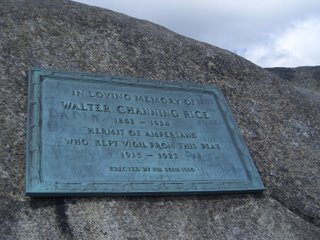LOOKING FOR LOLLARDS? DEFINING DEVIANCE IN LATE MEDIEVAL ENGLAND
 Call for Papers: International Medieval Congress at Leeds, 9-12 July 2007
Call for Papers: International Medieval Congress at Leeds, 9-12 July 2007This session seeks to foster discussion of the methodologies that inform the various disciplinary approaches to the study of heresy and orthodoxy in late medieval England. To this end, the panel aims to bring together scholars from those disciplines that have sought to understand the literary, theological, and political resonances of the dissenting religious movement known as Lollardy. By bringing together theologians, historians, literary critics, and others, we hope to examine together what is at stake in the categories and methodologies we bring to the study of religious belief and practice in the pre-Reformation period.
The panelists may wish to address the following questions from their particular disciplinary vantages: How do we talk about "Lollards"? Should we even talk about "Lollards," or is that term open to too many ambiguities? How does my discipline approach the study of heresy: through juridical, theological, textual, or other categories? What approaches to the study of heresy can my discipline inform?
Prospective panelists should contact Shannon Gayk, sgayk@indiana.edu, or Patrick Hornbeck, patrick.hornbeck@chch.ox.ac.uk, by 15 September 2006.
Shannon Gayk
Assistant Professor of English
Indiana University
442 Ballantine Hall
Bloomington, IN 47405
sgayk@indiana.edu


0 Comments:
Post a Comment
<< Home